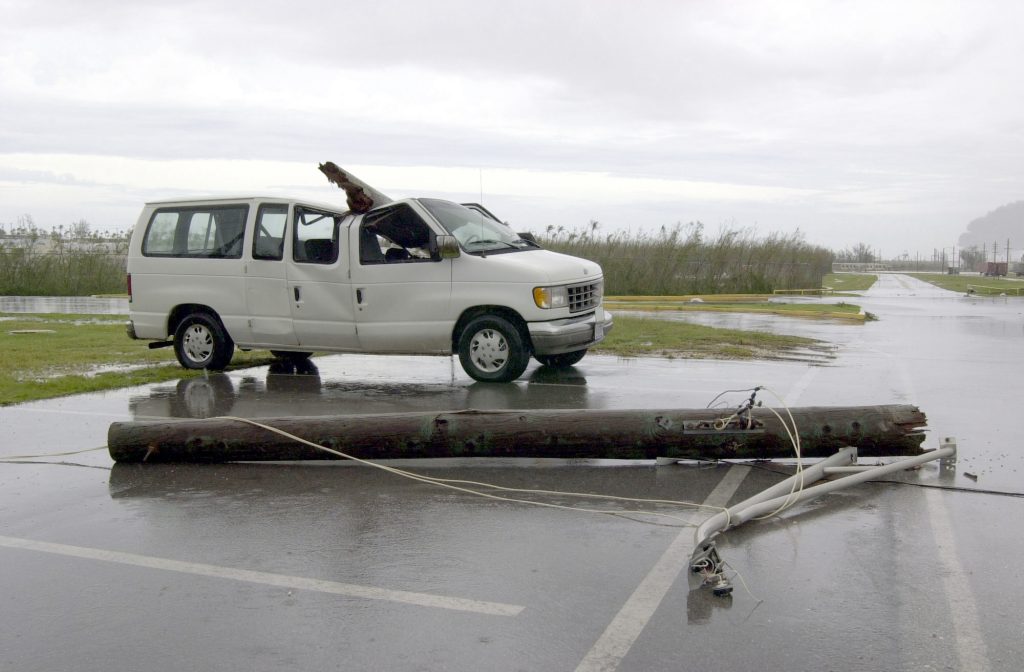 Countless people are at risk of being in a car accident every day. Imagine you are on your usual morning commute to work, but suddenly someone rear-ends you causing injuries that change your life forever. You deserve to be compensated as much as you can to restore yourself to the state you were in before the accident. However, what happens when the defendants appeal the amount of damages you are supposed to receive?
Countless people are at risk of being in a car accident every day. Imagine you are on your usual morning commute to work, but suddenly someone rear-ends you causing injuries that change your life forever. You deserve to be compensated as much as you can to restore yourself to the state you were in before the accident. However, what happens when the defendants appeal the amount of damages you are supposed to receive?
On December 9, 2013, a traffic accident occurred when the automobile operated by the defendant, Justin Wascom, Jr., owned by his employer, Clean Water Opportunities, Inc. (“Clean Water”), and insured by Hallmark Specialty Insurance Company (“Hallmark Insurance”), rear-ended the automobile operated by the plaintiff, Evette Neal. Mr. Wascom was driving the automobile when he rear-ended Ms. Neal’s vehicle. Her vehicle hit the side concrete wall, left the roadway, flipped over, hit a tree, and finally stopped in a canal. Ms. Neal filed suit against Mr. Wascom, Clean Water, and Hallmark Insurance, seeking damages for injuries to her neck, back, shoulders, legs, chest, sternoclavicular (“SC”) joint, collarbone, hands, and fingers allegedly sustained as a result of the accident.
On March 15, 2016, a trial was conducted as to the issue of damages. At trial, the parties stipulated to liability and insurance coverage. On April 1, 2016, Ms. Neal was awarded various amounts for general damages, medical expenses, future medical expenses for continued operations, lost wages, and all costs of the proceedings. However, Mr. Wascom and Hallmark Insurance appealed stating there was an error as to the amount of general damages awarded to the plaintiff. The defendants argued that the trial court abused its discretion in awarding $700,000 to Ms. Neal for her injuries. These injuries included a partially dislocated SC joint, a strained shoulder, a strained neck, and a strained back. However, the defendants assert that Ms. Neal already had neck and shoulder injuries prior to the accident and they were only made worse by the accident. The defendants also asserted that she only missed one month of work and she now has full range of motion in her shoulder and arm.
 In the realm of personal injury law, a recent Louisiana Court of Appeal case has highlighted the potential pitfalls of multiple lawsuits arising from the same accident. The case, Wicker v. Louisiana Farm Bureau Casualty Insurance Company, et al., involved a car accident where the plaintiff, Joy Wicker, initially filed a suit through her insurer, State Farm, followed by a separate personal injury lawsuit. The defendants tried to dismiss the second suit based on the doctrine of res judicata, but the Court of Appeal overturned the trial court’s decision, emphasizing the distinct nature of the two claims.
In the realm of personal injury law, a recent Louisiana Court of Appeal case has highlighted the potential pitfalls of multiple lawsuits arising from the same accident. The case, Wicker v. Louisiana Farm Bureau Casualty Insurance Company, et al., involved a car accident where the plaintiff, Joy Wicker, initially filed a suit through her insurer, State Farm, followed by a separate personal injury lawsuit. The defendants tried to dismiss the second suit based on the doctrine of res judicata, but the Court of Appeal overturned the trial court’s decision, emphasizing the distinct nature of the two claims. Louisiana Personal Injury Lawyer Blog
Louisiana Personal Injury Lawyer Blog


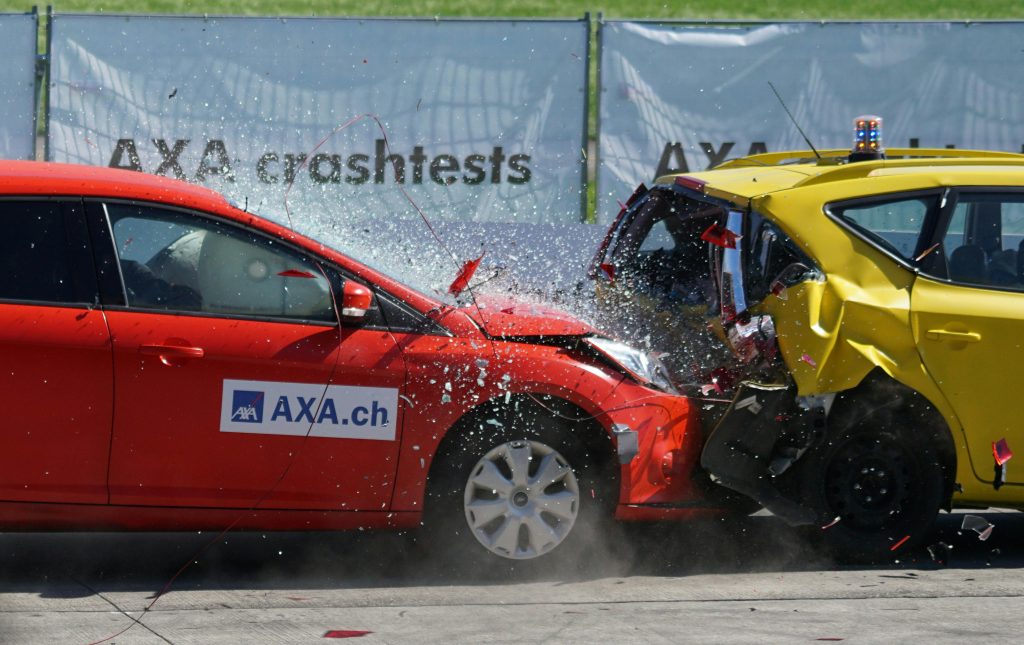 A recent Louisiana Court of Appeal case sheds light on the complexities of personal injury claims following car accidents, particularly when pre-existing conditions are involved. In the case of Lewis v. Fowler, the plaintiffs were involved in a minor accident and subsequently claimed significant damages for aggravated chronic pain. However, the court ultimately ruled that their pre-existing conditions were not substantially worsened by the accident and that they had been adequately compensated by the initial settlement from the at-fault driver’s insurance. This decision highlights the importance of establishing a clear causal link between the accident and any claimed aggravation of pre-existing conditions and the challenges plaintiffs face in proving damages when their medical history is complex.
A recent Louisiana Court of Appeal case sheds light on the complexities of personal injury claims following car accidents, particularly when pre-existing conditions are involved. In the case of Lewis v. Fowler, the plaintiffs were involved in a minor accident and subsequently claimed significant damages for aggravated chronic pain. However, the court ultimately ruled that their pre-existing conditions were not substantially worsened by the accident and that they had been adequately compensated by the initial settlement from the at-fault driver’s insurance. This decision highlights the importance of establishing a clear causal link between the accident and any claimed aggravation of pre-existing conditions and the challenges plaintiffs face in proving damages when their medical history is complex. In a recent personal injury case, Latulippe v.
In a recent personal injury case, Latulippe v. 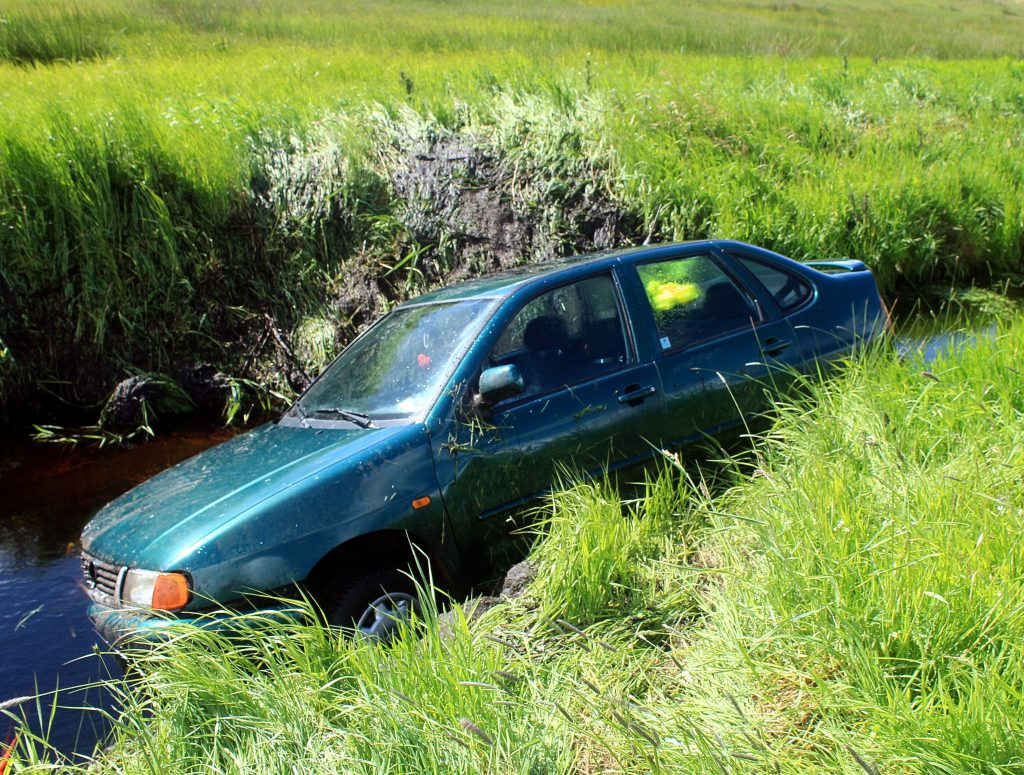 After being involved in a motor vehicle accident, you will likely be left with various damages, including medical injuries. Although you may assume insurance will cover all of your injuries and related damages, this is not always the case. The following Ouachita Parish case demonstrates the importance of understanding your policies and legal rights when it comes to motor vehicle insurance claims and of hiring an experienced attorney if you are left unsure of these rights.
After being involved in a motor vehicle accident, you will likely be left with various damages, including medical injuries. Although you may assume insurance will cover all of your injuries and related damages, this is not always the case. The following Ouachita Parish case demonstrates the importance of understanding your policies and legal rights when it comes to motor vehicle insurance claims and of hiring an experienced attorney if you are left unsure of these rights.  Countless people are at risk of being in a car accident every day. Imagine you are on your usual morning commute to work, but suddenly someone rear-ends you causing injuries that change your life forever. You deserve to be compensated as much as you can to restore yourself to the state you were in before the accident. However, what happens when the defendants appeal the amount of damages you are supposed to receive?
Countless people are at risk of being in a car accident every day. Imagine you are on your usual morning commute to work, but suddenly someone rear-ends you causing injuries that change your life forever. You deserve to be compensated as much as you can to restore yourself to the state you were in before the accident. However, what happens when the defendants appeal the amount of damages you are supposed to receive?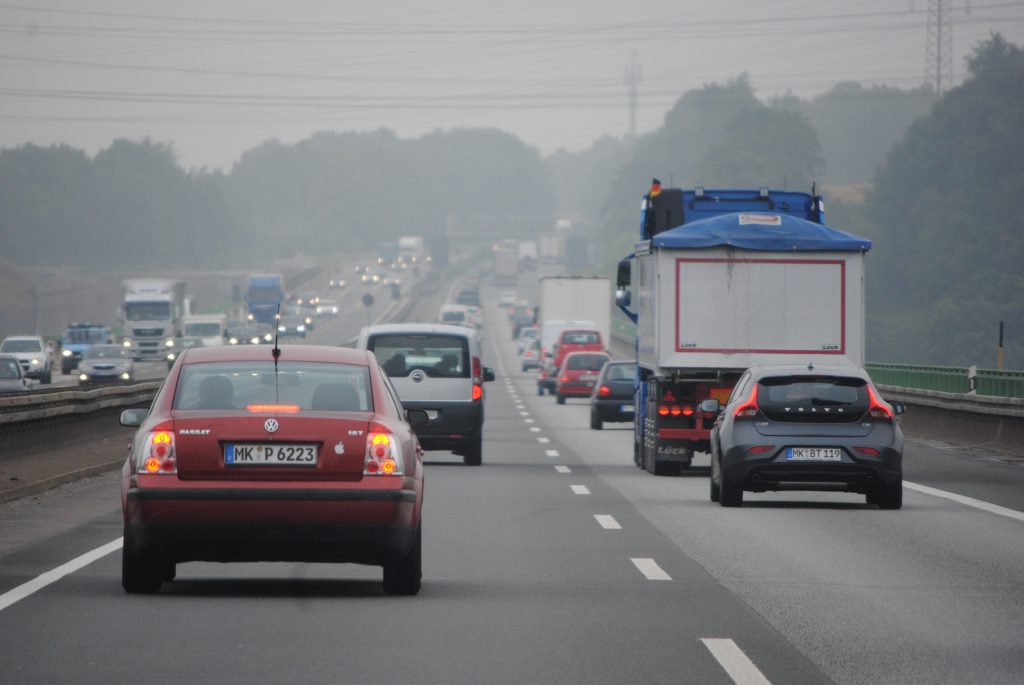 If you want to decline uninsured/underinsured (“UM”) coverage, you might think it is sufficient to merely tell your insurer you do not want UM coverage. However, under Louisiana law, there are strict requirements with which you must comply in order to validly waive UM coverage. What happens if the insured does not follow those formal requirements?
If you want to decline uninsured/underinsured (“UM”) coverage, you might think it is sufficient to merely tell your insurer you do not want UM coverage. However, under Louisiana law, there are strict requirements with which you must comply in order to validly waive UM coverage. What happens if the insured does not follow those formal requirements? 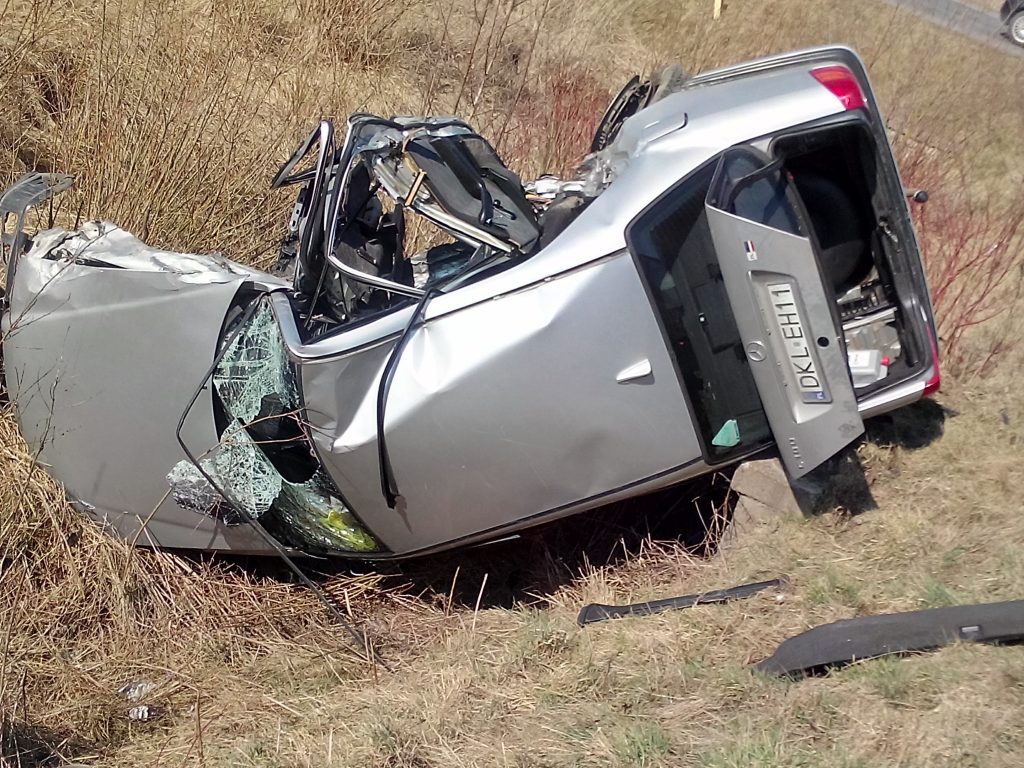 Car accidents can often give rise to lawsuits with complicated issues of causation and damages. Often, one or both sides will have expert witnesses to help explain complicated issues to the jury. What happens if one side argues the other side’s expert witness should not be allowed to testify as an expert witness?
Car accidents can often give rise to lawsuits with complicated issues of causation and damages. Often, one or both sides will have expert witnesses to help explain complicated issues to the jury. What happens if one side argues the other side’s expert witness should not be allowed to testify as an expert witness? Licensed and professional commercial truck drivers usually carry heavy materials on their journey. Keeping these materials secured for any type of roadway issue is paramount. But what happens when these large trucks roll over and you think the weight shift was due to faulty or improper packaging? The Fifth Circuit Court of Appeals addresses the question as to whether there is enough evidence to bring a claim for a packaging malfunction that leaves you injured.
Licensed and professional commercial truck drivers usually carry heavy materials on their journey. Keeping these materials secured for any type of roadway issue is paramount. But what happens when these large trucks roll over and you think the weight shift was due to faulty or improper packaging? The Fifth Circuit Court of Appeals addresses the question as to whether there is enough evidence to bring a claim for a packaging malfunction that leaves you injured.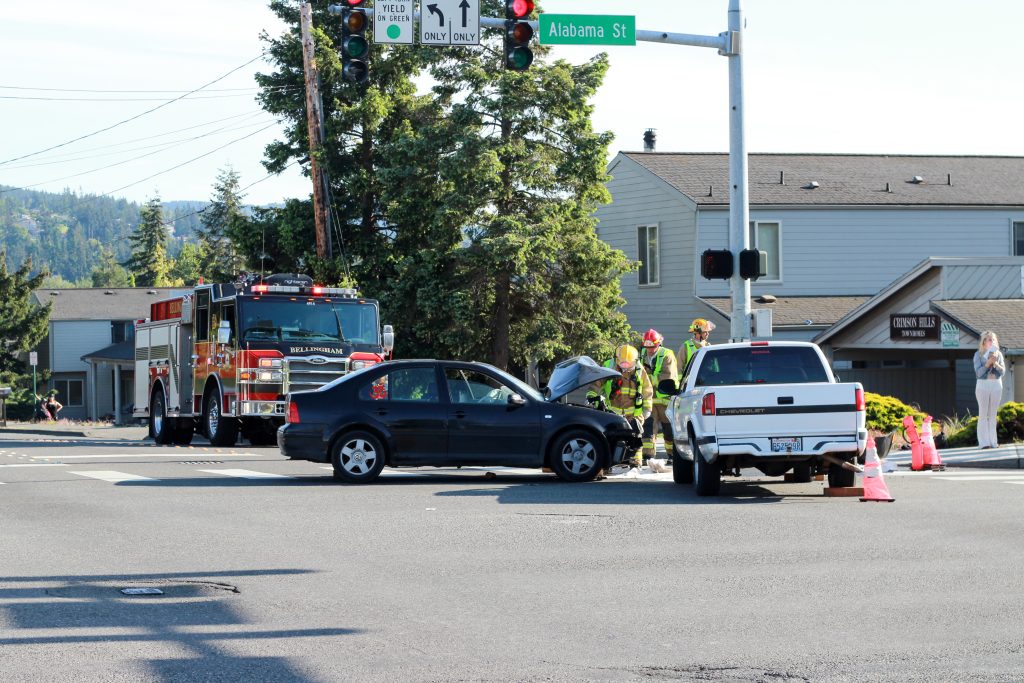 Ordinarily, when one is involved in an automobile accident, the injured party files a claim with the at-fault driver’s insurance company. When a person is involved in an accident with a co-worker in the course of their employment duties, however, the injured party may collect workers’ compensation instead. Can the injured employee “double-dip” and also collect under a Uninsured/underinsured motorist policy? This was the issue in a recent case out of Delcambre, Louisiana.
Ordinarily, when one is involved in an automobile accident, the injured party files a claim with the at-fault driver’s insurance company. When a person is involved in an accident with a co-worker in the course of their employment duties, however, the injured party may collect workers’ compensation instead. Can the injured employee “double-dip” and also collect under a Uninsured/underinsured motorist policy? This was the issue in a recent case out of Delcambre, Louisiana.